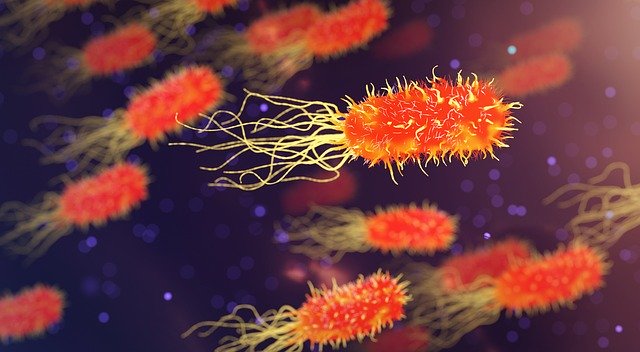Scientists from Martin Luther University Halle-Wittenberg (MLU) developed a new antibacterial that acts against resistant bacteria. This is a promising step to treat several serious infections.
One of the greatest challenges in medicine today is to treat infections caused by resistant bacteria. Scientists from Martin Luther University Halle-Wittenberg (MLU) have been trying to develop a new antibacterial that acts against resistant bacteria. The results of their study have been published in the journal Antibiotics.
The scientists developed a new antibacterial molecule by a simple, cost–effective process. It acts on pyruvate kinase – an enzyme that is involved in the process of metabolism in bacteria. As it acts only on the bacterial enzyme, this new antibacterial is likely to have few side effects. The new drug was tested in several cell experiments and on the larvae of the Greater wax moth. It was found to be effective against Staphylococcus and various Enterococcus species, the two most common resistant bacteria.
This new antibacterial is a positive step to overcome resistant pathogens. However, it is in preliminary trials and further research and clinical trials on humans will still be necessary. Nevertheless, this study provides new target molecules that may pave the way to overcoming antibiotic resistance. In the words of Professor Andreas Hilgeroth, one of the researchers, “These initial results give us confidence that we are on the right track.”
Written by Dr. Radhika Baitari, MS
References:
Seethaler, M., Hertlein, T., Wecklein, B., Ymeraj, A., Ohlsen, K., Lalk, M. and Hilgeroth, A. (2019). Novel Small-molecule Antibacterials against Gram-positive Pathogens of Staphylococcus and Enterococcus Species. Antibiotics, 8(4), p.210.
EurekAlert!. (2019). Antibiotics: New substances break bacterial resistance. [Online] Available at: https://www.eurekalert.org/pub_releases/2019-11/mh-ans111119.php [Accessed 6 Dec. 2019].
Image by Arek Socha from Pixabay



